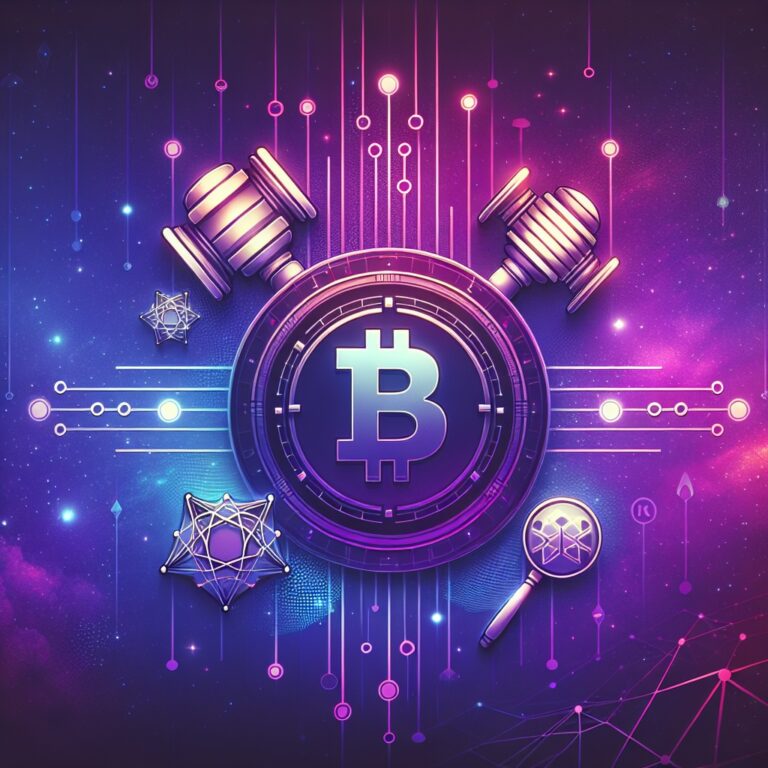The Philippines Securities and Exchange Commission (SEC) has taken a firm stance against several cryptocurrency exchanges, including OKX, ByBit, and Bitget, citing their operations in the country without proper registration. This move, announced in an SEC notice dated August 4, signals a new era of regulatory enforcement following the implementation of comprehensive crypto sector rules on July 5.
A New Regulatory Landscape
The SEC’s crackdown comes amid a broader push to regulate the burgeoning crypto industry, which has seen explosive growth and increasing integration into global financial systems. The latest regulations mandate that crypto firms secure appropriate authorization before offering services in the Philippines. This includes rigorous anti-money laundering protocols, suspicious transaction reporting, and thorough customer due diligence processes. For a deeper dive into the regulatory implications, see our coverage of the SEC’s latest guidance.
Hon Ng, Bitget’s chief legal officer, acknowledged the advisory and emphasized the company’s dedication to compliance. “Bitget is committed to getting licensed in markets where it operates,” Ng stated, reflecting a sentiment of cooperation from at least one of the implicated platforms. However, not all exchanges have been forthcoming. While OKX opted to remain silent, attempts to reach ByBit, Mexc, KuCoin, and Kraken yielded no response by the time of publication.
The SEC notice also highlighted the accessibility of platforms like Mexc, Kucoin, and Kraken without the necessary registration, a situation further complicated by their active marketing efforts targeting Filipino residents. Such practices, the SEC warns, expose users to significant risks given the lack of regulatory oversight.
Historical Context and Market Reactions
This isn’t the first time the Philippines SEC has flexed its regulatory muscles. Last March, the agency blocked local access to Binance, the world’s largest crypto exchange by trading volume, citing the absence of a necessary license. Binance has yet to secure a license in the Philippines, a move that underscores the challenges global exchanges face in navigating the country’s regulatory landscape. This follows a pattern seen in other jurisdictions, as detailed in our analysis of the US SEC’s ‘Project Crypto’.
The SEC’s latest actions have sent ripples through the crypto community, raising questions about the future operations of these exchanges in the Philippines. Market analysts suggest that this could lead to a temporary contraction in the local crypto market as traders assess the implications of the crackdown. Others, however, see it as a necessary step toward establishing a more secure and trustworthy crypto trading environment.
Steven Randall, a crypto analyst based in Manila, noted, “This regulatory shift could be a double-edged sword. While it might initially dampen market enthusiasm, it could also pave the way for more institutional investors who value regulatory clarity.”
What Lies Ahead?
As the SEC continues to enforce its new rules, the affected exchanges face a critical decision: comply with local regulations or risk losing access to the Philippine market. Bitget’s proactive stance could serve as a template for other exchanges as they navigate the complex regulatory terrain.
For crypto enthusiasts and investors in the Philippines, the current situation is a wake-up call. The SEC’s actions underline the importance of conducting due diligence and ensuring that the platforms they engage with are fully compliant with local laws. As the global crypto market evolves, regulatory compliance is increasingly becoming a cornerstone of sustainable operations.
Looking forward, the industry will be watching closely to see how these exchanges adapt to the regulatory changes. Will they secure the necessary licenses and continue operating in the Philippines, or will they choose to exit the market entirely? The SEC’s enforcement actions may well set a precedent for other countries in the region grappling with similar regulatory challenges.
In the meantime, the crypto policy conversation continues. Stakeholders across the board are keenly aware that the decisions made today will shape the future of cryptocurrency in the Philippines—and perhaps even beyond.
Source
This article is based on: Philippines SEC Cracks Down on Unregistered Crypto Exchanges as New Rules Kick In
Further Reading
Deepen your understanding with these related articles:
- White House crypto rules bring SEC-CFTC clarity for US crypto firms: Lawyer
- Andreessen Horowitz warns of loopholes in draft crypto rules
- CFTC starts ‘crypto sprint’ with SEC following White House plans

Steve Gregory is a lawyer in the United States who specializes in licensing for cryptocurrency companies and products. Steve began his career as an attorney in 2015 but made the switch to working in cryptocurrency full time shortly after joining the original team at Gemini Trust Company, an early cryptocurrency exchange based in New York City. Steve then joined CEX.io and was able to launch their regulated US-based cryptocurrency. Steve then went on to become the CEO at currency.com when he ran for four years and was able to lead currency.com to being fully acquired in 2025.


